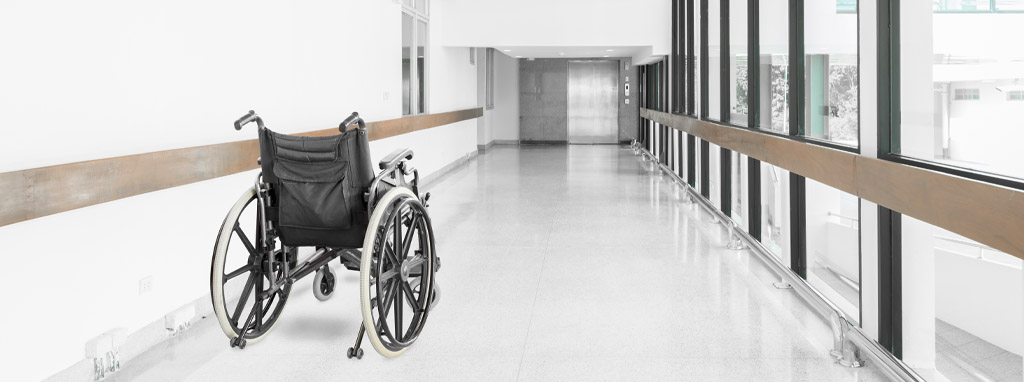A Guide for Successful Transitions
Transitioning from a stay in the hospital to home care in Sioux City can be overwhelming and happen quickly. Up to 40% of patients over the age of 65 had medication errors after being discharged from the hospital. And, 18% of Medicare patients end up back in the hospital within 30 days of discharge. Making this transition smooth and successful takes planning, knowledge, and experience.
This guide is designed to help you know what to ask, what your skill level is, and when you need additional help. By taking extra precautions you can help keep your loved one from needing to go back to the hospital. This phase is essential to the overall health of the patient. With smooth transitions, stress levels decrease, the chance of being re-admitted to the hospital decreases, and overall health expenses decrease.
Understanding Patient Needs
When preparing for a transition to homecare in Sioux City it is important to have good communication with your doctors. Understanding the diagnosis, complications, and warning signs will make things go as smooth as possible, keeping your loved ones safe. Don’t be afraid to ask questions; if you don’t understand something, now is the time to ask. This is your loved one’s safety we’re talking about. So, make sure that you fully understand what your doctors are saying before you attempt to do any homecare by yourself.
Medication Requirements
One of the most common areas of misunderstanding is medication requirements. So, be sure to have clear written directions on how to administer each medication, when to give them, and what dosage to give. Having this written down will give you something to refer back to when preparing medications. Investing in a pill organizer can help make this process easier on everyone by making sure that duplicate medication is not given. And, also that no doses are missed. Ask your doctor to review the list of new medications, and medications given prior to admittance to the hospital. It’s important that this is evaluated so that there’s no over medication or side effects from incompatible combinations.
Prepare Your Home
Preparing your home is another important step in transitioning smoothly. By cleaning up and making things more accessible it can take stress levels down when trying to maneuver in small spaces. Hospital beds, walkers, and wheelchairs take up a large amount of space and can be cumbersome in highly decorated spaces. Removing excess furniture from living spaces that the patient will be using can keep things calmer and stress-free. Also, consider our Safety Coaching & Assistance page for more ideas on preparing your home.
Evaluate Your Skill Level
It’s important that once you know what is going to be involved in caring for your loved one, that you really look at your skill level and whether you’re capable of doing it on your own. Sometimes physical limitations, scheduling conflicts, or other issues can prevent you from being the proper person to care for your loved one. There is no shame in this; it is better to seek the proper care for your family then to try to care for someone if you are unable.
Seek Outside Help
Many times, seeking outside help is the appropriate step during this transition. Our homecare professionals in Sioux City will manage all aspects of the transition and help ease some of the burden from you and family members. We understand the requirements listed by doctors, medication dosages, and have the experience needed to make this easy for everyone.

Are You Ready For Change?
We will be here either way. And we know that this can be a difficult time in anyone’s life. But, by hiring a home care specialist based here in Sioux City you can increase the chances that your loved one will remain healthy. And, stay out of the hospital long-term. Our professionals will also help by easing tensions, burden, and stress that is so often associated with this transition stage. If you’re ready, call us today (712) 560-6195.
